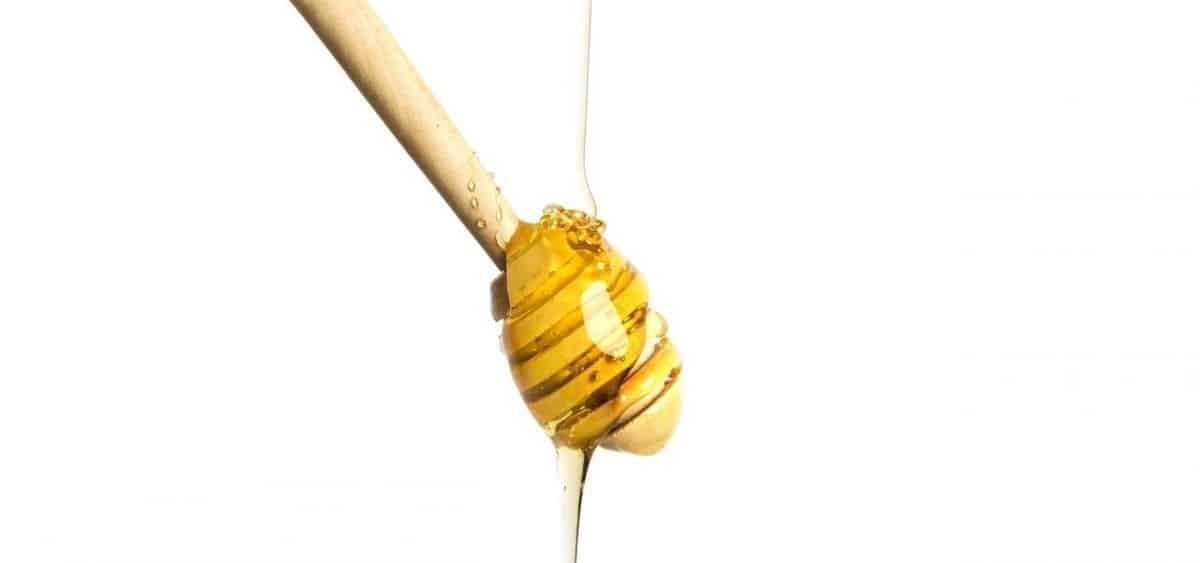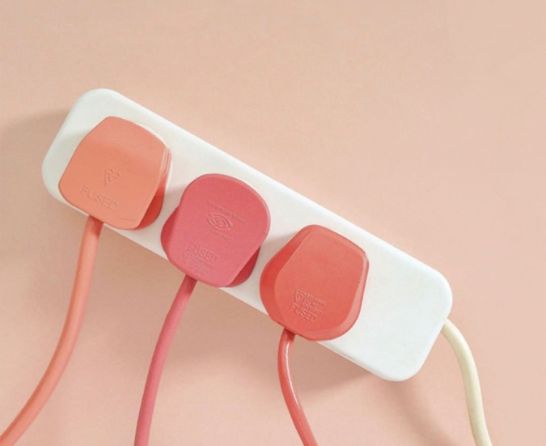Home > Hormones > Hormone health & solutions > The Many Health Benefits Of Honey


For thousands of years honey has been used to keep us healthy and beautiful. Packed full of antioxidants and antibacterial goodness honey is more than something we might spread on toast or put in our porridge in the morning. Honey is filled with health benefits and we’ll cover them all here.
It was rumoured to be a staple in Cleopatra’s beauty regime and throughout history women have bathed in milk and honey to help combat the signs of ageing and protect their skin.
With winter around the corner honey could also be your best friend; its antibacterial properties can help ward off pesky colds, aid the healing process and help strengthen the immune system.
But be picky about the type of honey you use; not just any type of honey off the supermarket shelf will have the same healing properties. Instead favour raw, unpasteurised honey sourced ethically and locally from a beekeeper.
Antioxidants are molecules that fight free radicals in your body. Too many free radicals in the body can cause cell damage which leads to illnesses like cancer, heart disease and diabetes. While your body produces its own antioxidants we can help boost these levels by eating antioxidant rich foods, like honey.
Research has shown that the antioxidants found in honey are especially great for helping lower blood pressure and keeping your heart healthy. Try having a teaspoon of honey stirred into your morning tea as a natural sweetener or use in dressings and marinades.
If you’ve ever had a cold or sore throat the chances are you’ve drank lemon, honey and hot water to make yourself feel better. While some may say this is nothing more than an old wives remedy there’s reason to suggest otherwise.
Honey is antibacterial, anti fungal and anti inflammatory. Honey naturally creates hydrogen peroxide which is antiseptic and great at banishing bacteria and fungus. If you’re starting to feel under the weather a teaspoon of honey could help fight an infection before it takes hold.
As we now know honey is a great internal healer when we’re feeling unwell but what about on the outside of our body? There is evidence to prove that honey can help heal wounds, especially Manuka honey, which has been proven to help heal leg ulcers and pressure sores. The honey is treated with UV light which helps preserve its antibacterial properties and helps fight infections.
There is also evidence to suggest honey can help fade scars. The antioxidant and anti inflammatory properties are great for nourishing the skin and speeding up the healing process. It can also work great on stretch marks; helping to fade these and soothe the skin where it is sore and irritated. We’ve actually dedicated an entire post about honeys healing powers!
The benefits of honey stretch far beyond just being medicinal; it’s great to incorporate into your beauty routine too. Because it’s such a great healer, honey is great for our hair and skin, helping to keep it hydrated and healthy.
Many popular high street brands use honey in their products including Garnier, The Body Shop and Nuxe. At the slightly pricier end of the market are Earth Tu Face’s honey and coconut mask and Tata Harper’s honey blossom mask.
Burt’s Bee’s use honey and bee’s wax in their products to help naturally moisturise and nourish the skin. Holland and Barrett stock several honey based beauty products ranging from moisturisers, serums and masks to suit all budgets.
For our hair try Dr Organic’s Manuka honey shampoo and conditioner. Lush’s Honey I Washed My Hair is a plastic free shampoo bar that is great on the environment and your hair.
If you fancy getting creative you can make your own homemade beauty products using honey, a great option if you’re looking for organic products that you know are going to be free from any nasties.
Honey is a great hydrator that can soothe and calm irritated skin. Find a natural, organic raw honey and apply it to your face (making sure to tie your hair back off your face to avoid a sticky situation!). Leave this on for 20 minutes before rinsing off with warm water.
Honey can also make a great natural exfoliator that leaves your skin silky smooth and soft. Mix honey with brown sugar or salt and massage directly into your skin, rinse with warm water and pat dry.
For an extra luxurious bath add two tablespoons of honey diluted in warm water in your bath; the antibacterial properties will help reduce any inflammation and cleanse dry irritated skin.
Although honey is a great healer, like with anything, be mindful of how much you consume. Albeit natural, honey is still a sweetener, packed full of sugar and potentially high in calories. If you ingest too much honey you could find it has an adverse effect; causing you to pile on the pounds, damage your teeth and increase the chances of getting diabetes.
Sugar should make up less than 10% of our daily diet so try to limit your honey consumption to a tablespoon per serving and don’t have more than 1.5 servings per day.
Also be mindful where you source your honey from. To protect the bee’s and their natural ecosystems try and find a bee keeper, ideally using organic land, who is selling honey locally to you. This is a much greener option; it reduces air miles between you and your honey, helps the local economy and protects the bee’s natural habitat in addition to bringing its health benefits to you.

-


Dr Singh is the Medical Director of the Indiana Sleep Center. His research and clinical practice focuses on the myriad of sleep.

The importance of the follicular phase While it may not be the most fun part of the menstrual cycle, the follicular phase plays a key role in your reproductive health. As we mentioned, the follicular phase begins on the first

Understanding female hormones If you’ve never heard that women have specific feminine hormone levels, you’re probably wondering, “What are the female hormones and how many hormones do women have? Female hormones are hormones released in higher concentrations in a woman’s

Understanding estrogen and its role in pregnancy Estrogen is one of the most important sex hormones, impacting every part of the fertility process. During your menstrual cycle, estrogen levels influence LH production, which triggers ovulation. While progesterone is responsible for
Hormona© 2025, All Rights Reserved
Privacy Overview
| Cookie | Duration | Description |
|---|---|---|
| cookielawinfo-checkbox-analytics | 11 months | This cookie is set by GDPR Cookie Consent plugin. The cookie is used to store the user consent for the cookies in the category "Analytics". |
| cookielawinfo-checkbox-functional | 11 months | The cookie is set by GDPR cookie consent to record the user consent for the cookies in the category "Functional". |
| cookielawinfo-checkbox-necessary | 11 months | This cookie is set by GDPR Cookie Consent plugin. The cookies is used to store the user consent for the cookies in the category "Necessary". |
| cookielawinfo-checkbox-others | 11 months | This cookie is set by GDPR Cookie Consent plugin. The cookie is used to store the user consent for the cookies in the category "Other. |
| cookielawinfo-checkbox-performance | 11 months | This cookie is set by GDPR Cookie Consent plugin. The cookie is used to store the user consent for the cookies in the category "Performance". |
| viewed_cookie_policy | 11 months | The cookie is set by the GDPR Cookie Consent plugin and is used to store whether or not user has consented to the use of cookies. It does not store any personal data. |
